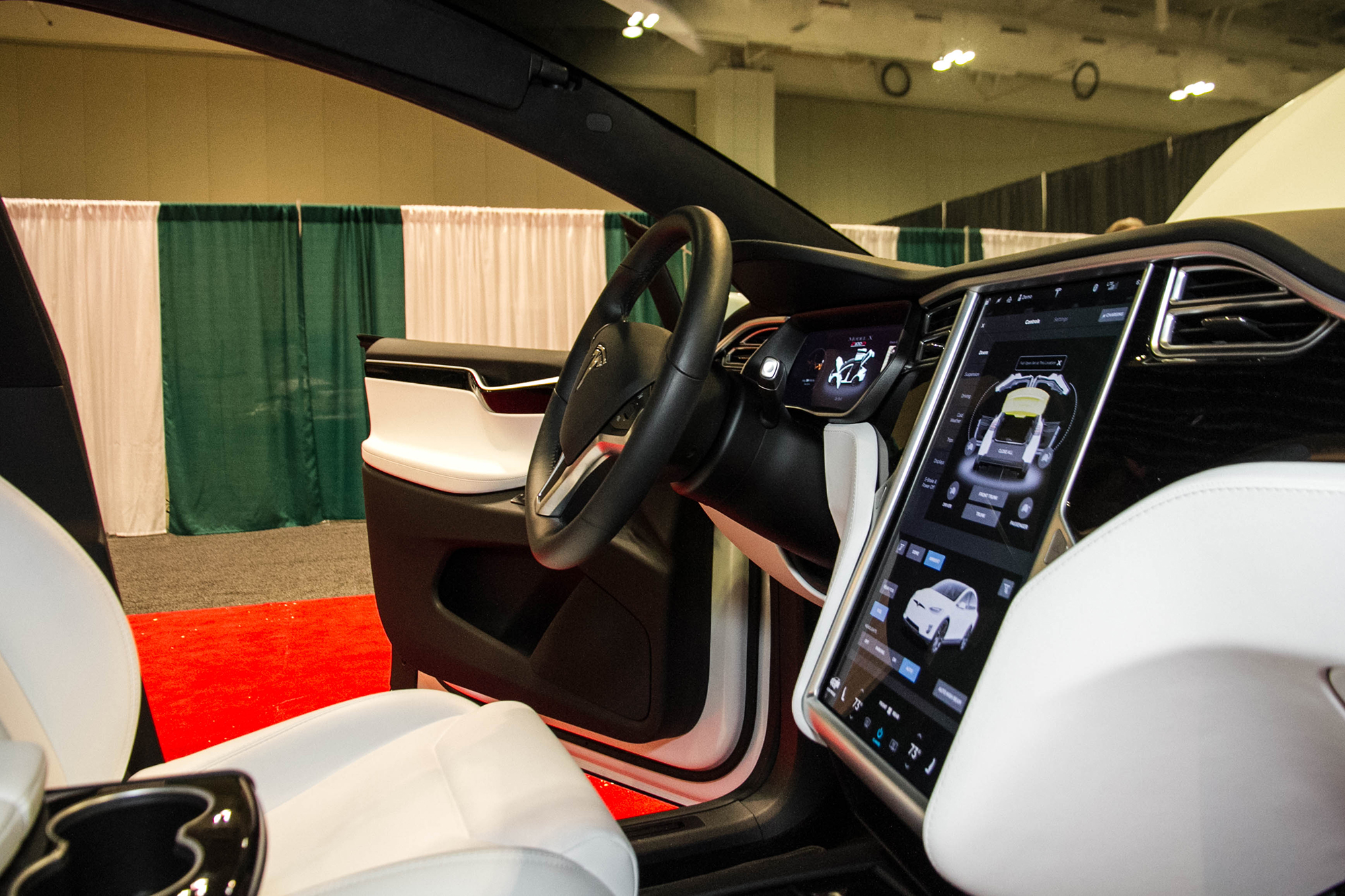
ST. PETERSBURG, Fla.—When it comes to electric cars, history is not about to repeat itself.
“Unlike the 1900s, when they had a start and a stop, this is happening. There’s just too much money behind it. Every major auto manufacturer in the world is making investments in this,” said Doug Serillo, director of Southeast regional sales at ChargePoint, which operates 46,000 EV charging spots globally.
Then he gave a blunt warning to electric co-ops.
“Your markets need to be prepared,” Serillo told a recent Touchstone Energy® Cooperatives’ NET 2018 panel—making clear it doesn’t matter whether you serve suburbs or rural communities.
“It’s coming. And it’s a question of whether or not the co-op utilities want to take a leadership position in promoting this.”
Jonathan Coulter of the nonprofit consulting firm Advanced Energy sees good reasons why co-ops should be interested.
“There’s a potential for added load growth, especially off-peak,” he said. “We think potentially 30 percent per house for load growth where electric vehicles are introduced.”
Co-ops continuously learn from one another, and Coulter shared some best practices. Winchester-based Illinois Electric Cooperative offers members 0.5 percent financing on 60-month loans to buy EVs.
“They have been very proactive in wanting to get ahead of the curve,” Coulter said of the co-op.
Statesville, North Carolina-based EnergyUnited encourages members to tell the co-op when they buy an EV, whether they plan to install a charger, and if so, what type. Coulter said this helps Energy United to “plan their infrastructure accordingly.”
Brunswick EMC is educating employees about EVs “so that they can then provide guidance directly to their members,” said Coulter. The Shallotte, North Carolina-based co-op also installed five fast chargers in its territory which can be used for $7.50 per session.
An electric vehicle listserv is available to registered users of cooperative.com.
Michael W. Kahn is a staff writer at NRECA.